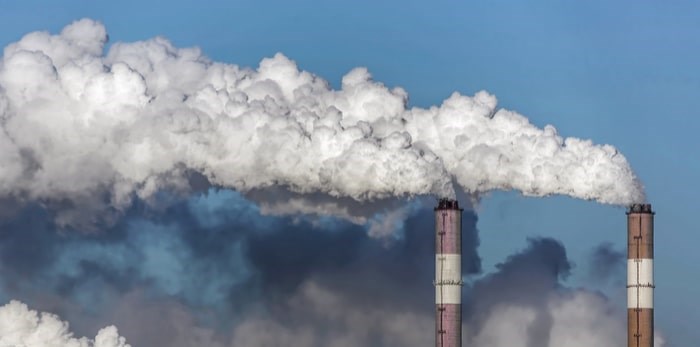Matt Horne is the City of Vancouver’s climate policy manager. He is responsible for delivering on the City's commitment to have 100% of the energy used in Vancouver come from renewable sources before 2050. He also advises senior management, and mayor and council on climate change policy issues.
 Climate change/Shutterstock
Climate change/Shutterstock
In response to David Fine's previous op-ed published on Vancouver Is Awesome
In a recent opinion piece, David Fine raised concerns about the City of Vancouver’s Climate Emergency Response, which was approved by Council earlier this year. The directions in that report are to: make Vancouver more walkable, improve the transit and active transportation networks, transition to electric vehicles, shift to zero emissions space and hot water heating, use lower carbon construction materials, and restore local forest and coastal ecosystems.
A central point of Mr. Fine’s concern was that “nothing Vancouver does on its own can possibly have any impact whatsoever on climate change.” If Vancouver was acting alone, this statement would be true. Thankfully, the work we are doing locally is part of a much bigger effort to fight climate change. And given Canadians have among the highest per capita carbon footprints, not taking action would send the wrong message to the other countries we need to be working with.
The City works collaboratively with local partners such as the BC government, Metro Vancouver and other cities in the region, and our energy utilities. While we aren’t perfectly aligned, there’s a clear consensus that we need to rapidly reduce carbon emissions and transition to renewable energy. Vancouver’s relationship with the B.C. government is a good example of this alignment, where we are both supporting solutions such as active transportation, transit, electric vehicles, heat pumps and renewable gas.
Beyond those local partners, governments and organizations around the world are working tirelessly to try to avoid climate breakdown. Vancouver is well connected to this work through networks such as the Carbon Neutral City Alliance, C40 Cities, and the Pacific Coast Collaborative. These are great opportunities for cities to share successes and challenges, and those exchanges enable all of us to move faster and make solutions more affordable.
A final point is that this work isn’t just about climate change. Complete and walkable communities offer more opportunity to interact with our neighbours. Walking and cycling is better for our health. Renewable energy doesn’t pollute our air or water. A zero emissions building is quieter, more comfortable, and has better indoor air quality.
If you’d like to submit an op-ed regarding an issue that affects Vancouver you can send it to our Editor-In-Chief Bob Kronbauer at [email protected]


